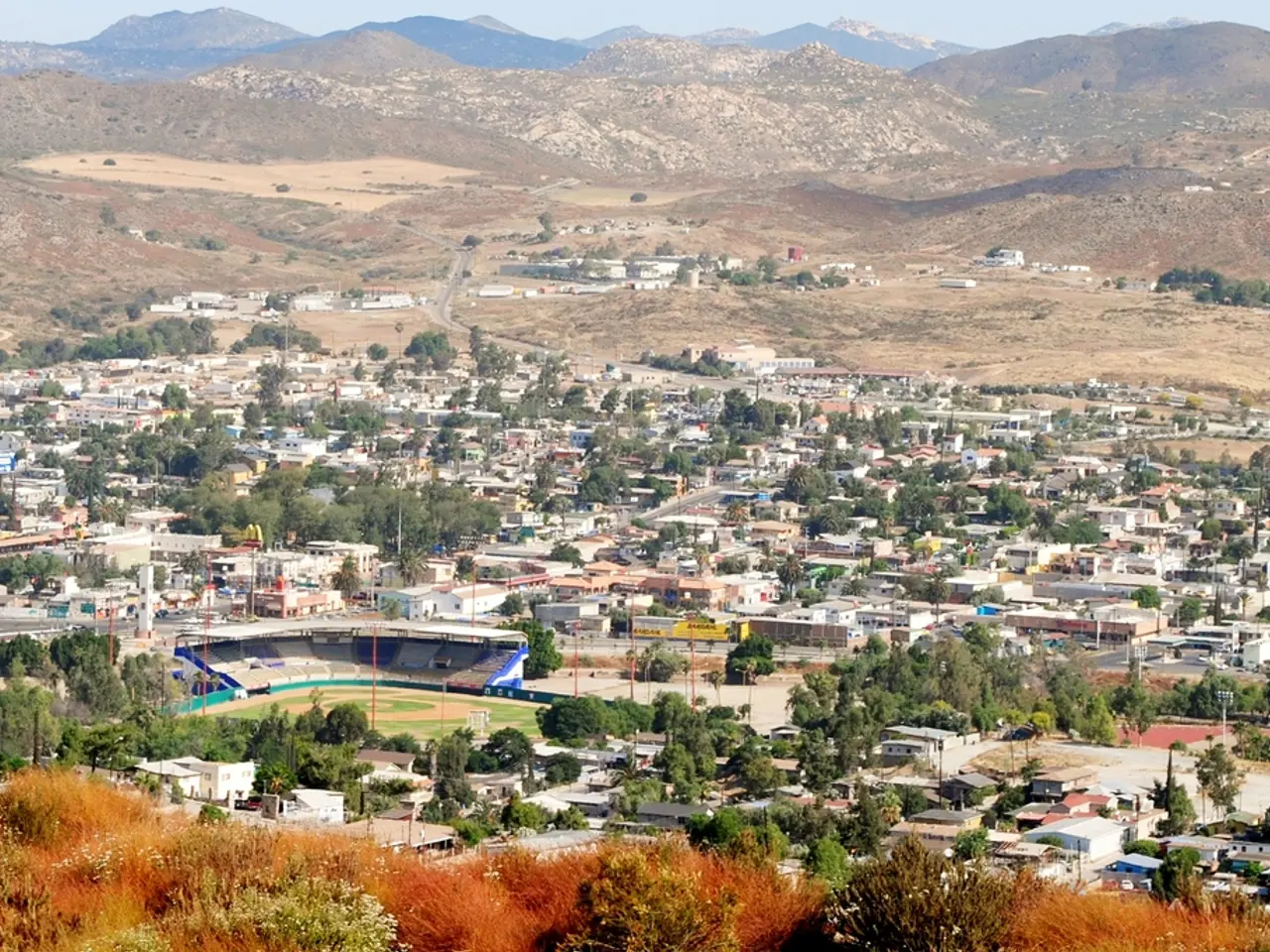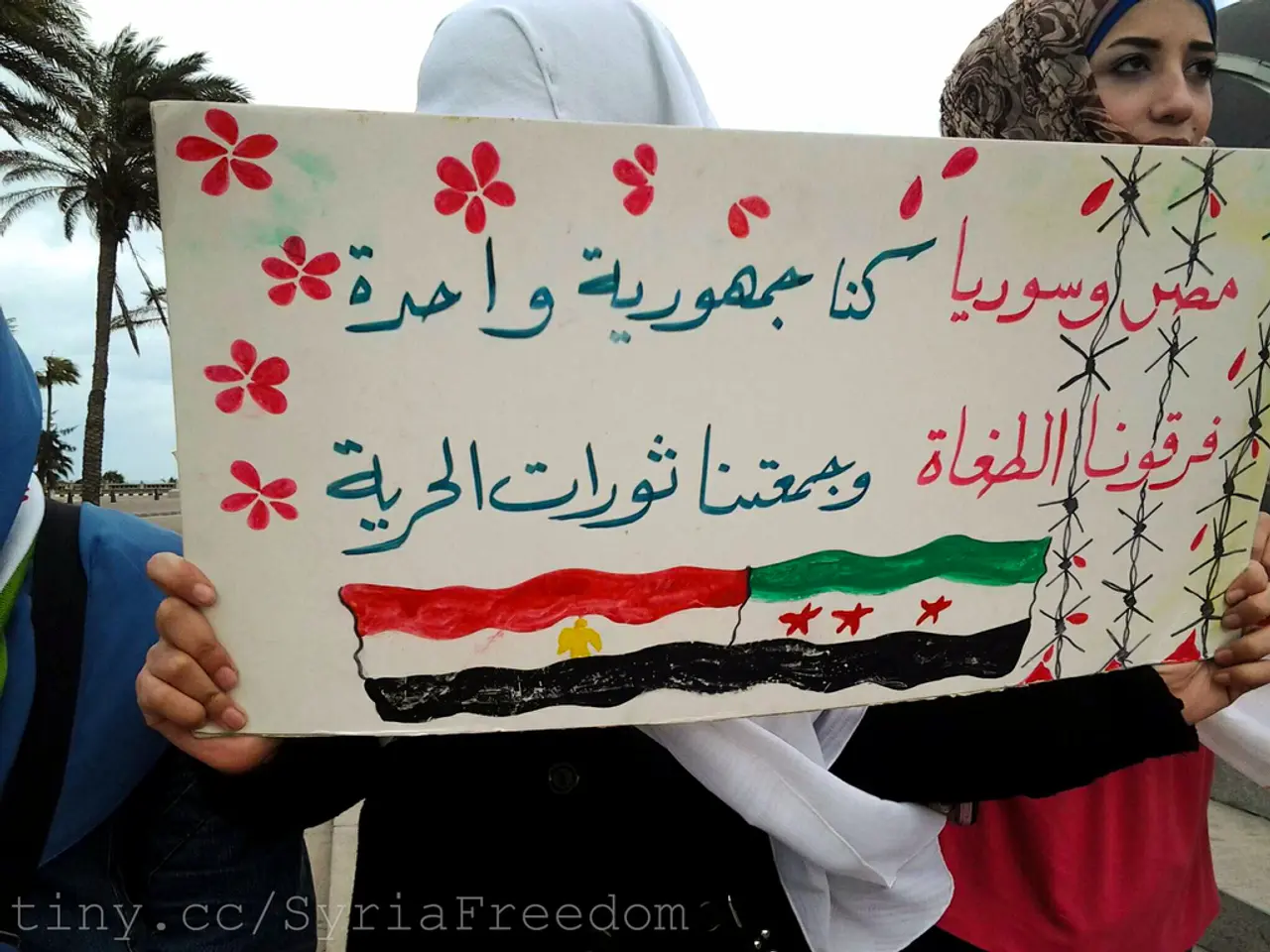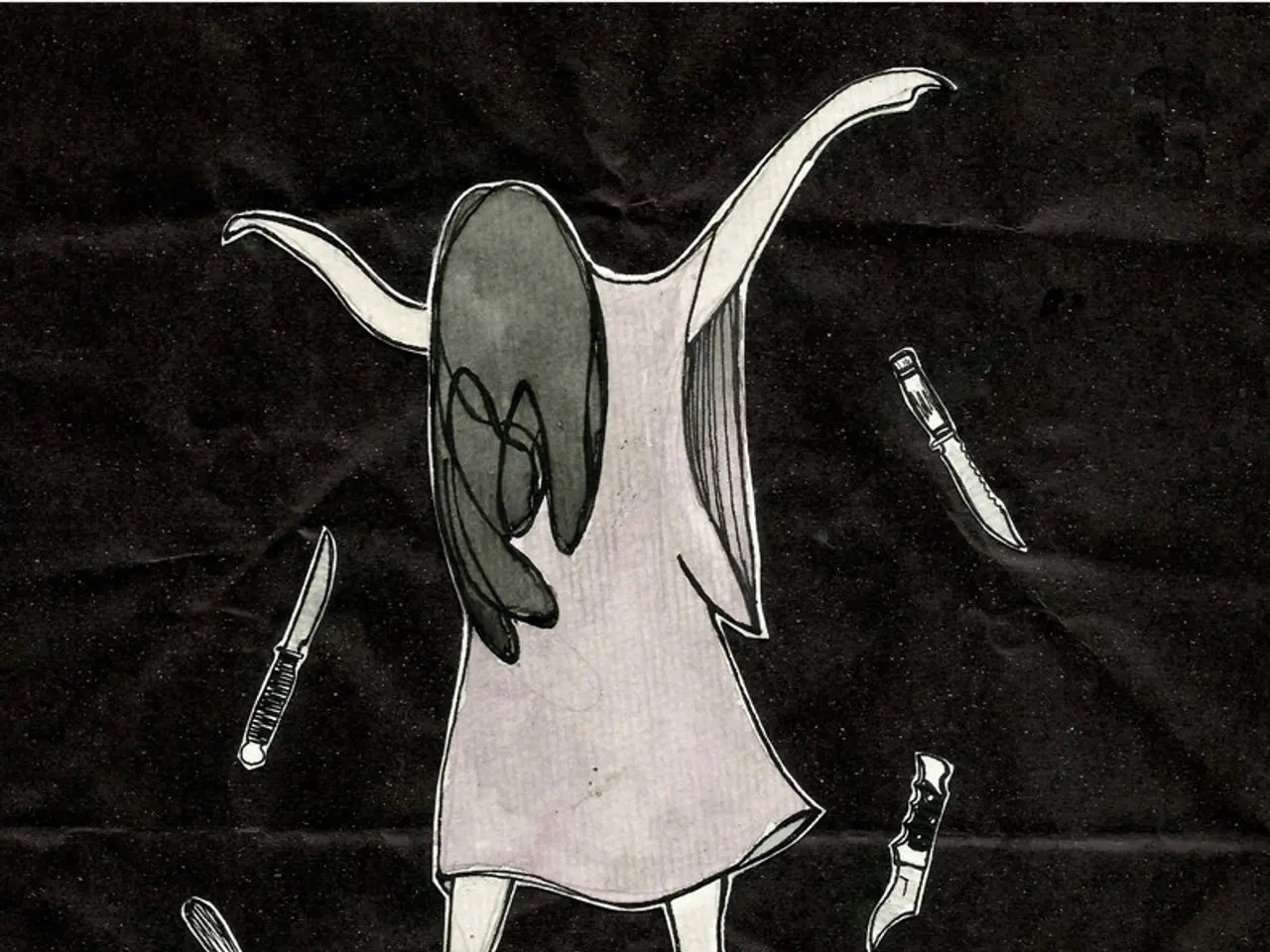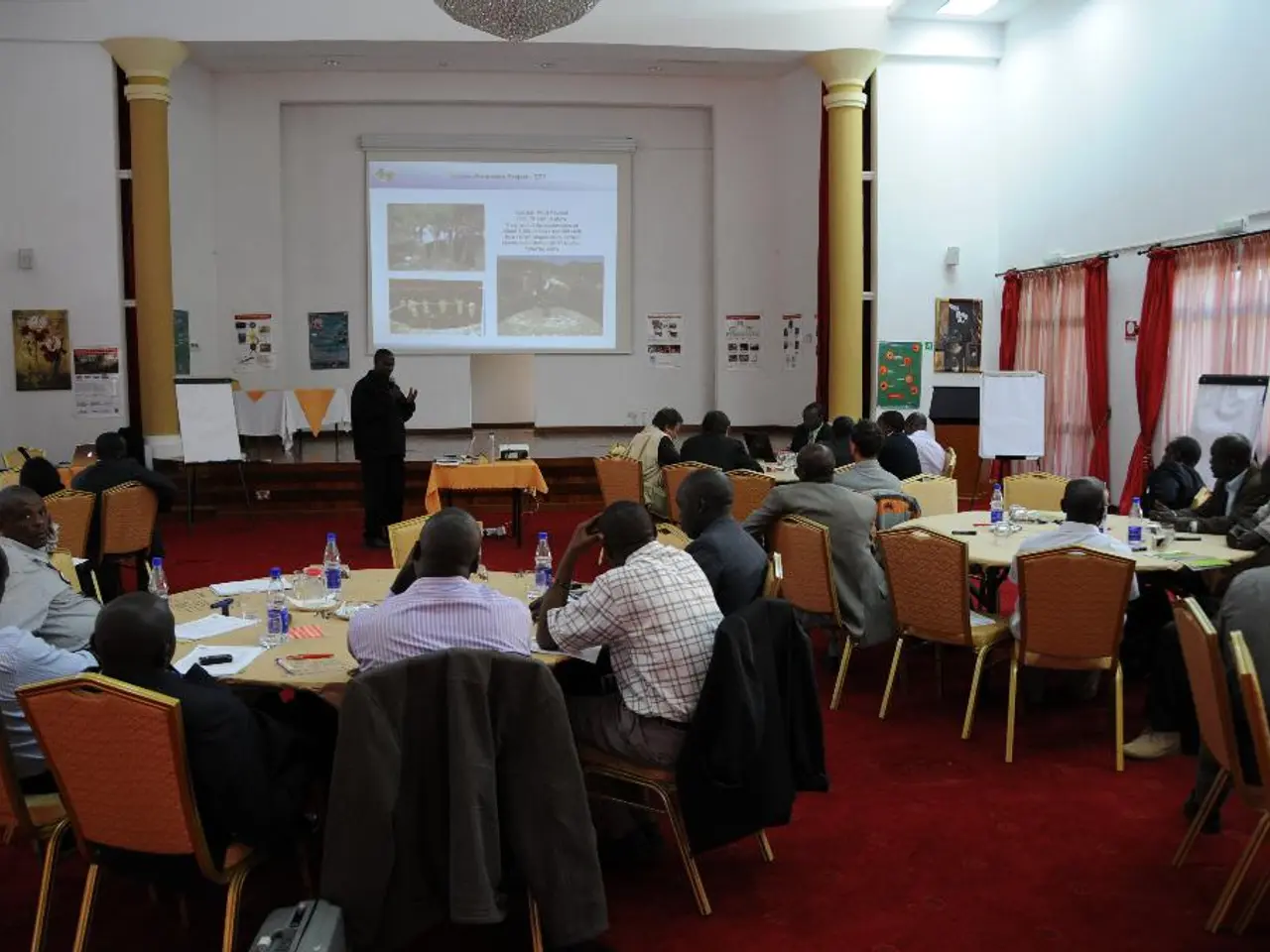Israeli strategy for controlling Gaza: Netanyahu's tactic to drive Palestinians to their breaking point
The Israeli Security Cabinet has approved a measure to end the ongoing conflict with Gaza, which includes the occupation of Gaza City and the entire Gaza Strip. However, this proposed operation risks catastrophic humanitarian consequences, according to multiple humanitarian and human rights organizations.
Germany, one of Israel's most steadfast supporters, has decided to suspend exports of arms to the Hebrew state until further notice, expressing concern over the potential humanitarian crisis. Spain has also condemned the decision to take control of Gaza, stating that it will only cause more destruction and suffering.
The UN calls for the operation to be stopped immediately, considering it contrary to the ruling of the International Court of Justice. The Israeli opposition, led by Yair Lapid, qualifies the plan to occupy Gaza as a "disaster."
Key potential humanitarian consequences of the proposed operation are mass displacement, increased casualties and destruction, disruption of humanitarian aid, famine and starvation, protection concerns, psychological and social distress, and potential regional destabilization.
Israel must immediately restore unimpeded access for UN and impartial humanitarian organizations to deliver aid. Past conflict has killed over 60,000 Palestinians and injured more than 144,000 since October 2023 due to airstrikes and ground fighting. A full military occupation and siege are likely to cause further civilian casualties and massive infrastructure damage.
Around a quarter of Gaza’s population faces famine, with widespread hunger and malnutrition among children underpinning long-term health harms. Civilians, including women, children, and humanitarian workers, face extreme risks from violence, displacement, and limited mobility. Essential services such as psychosocial support and gender-based violence programs are hampered by insecurity, fuel shortages, and displacement.
Both affected Palestinians and aid providers suffer rising psychological distress amidst ongoing violence, exhaustion, and food insecurity, further impairing humanitarian response capacity. The escalation risks reverberating across the region with broader security impacts and increased political tensions.
Multiple humanitarian and human rights organizations, including the UN, International Rescue Committee, and the Carter Center, strongly urge an immediate ceasefire, protection of civilians, adherence to international law, and urgent restoration of humanitarian access to prevent worsening the catastrophic human suffering in Gaza.
The United Kingdom considers the Israeli government's decision to take control of Gaza "mistaken." The disarmament of Hamas, the demilitarization of the Gaza Strip, and the establishment of an alternative civilian administration not linked to Hamas or the Palestinian Authority are among the principles for ending the war proposed by Israel. However, the focus must shift towards preventing further humanitarian disaster and ensuring the safety and wellbeing of the millions of Palestinians affected by the conflict.
The average citizen in Germany, concerned about potential humanitarian crisis, supports the suspension of arms exports to Israel. Spain, criticizing the decision to take control of Gaza, believes it will lead to more destruction and suffering, similar to the general news and political discussions around war-and-conflicts.








